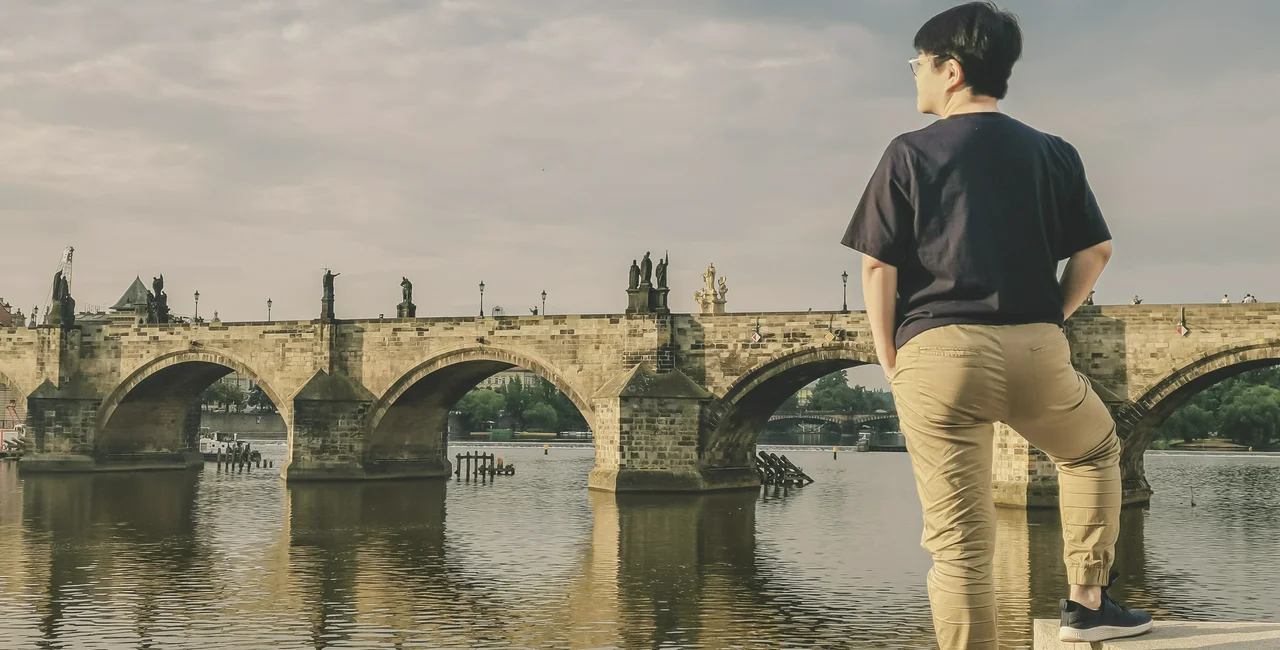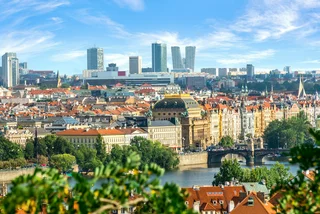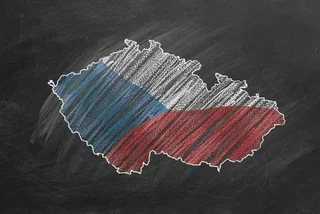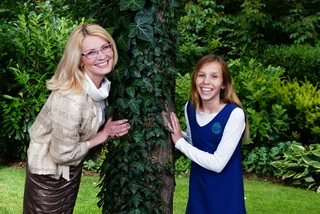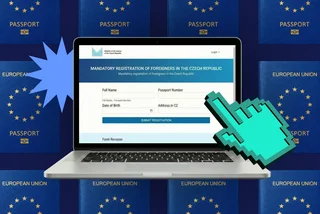Prague is becoming an ever more multicultural city. Its share of foreigners has continued to rise despite the negative impact of the Covid pandemic on travel, with the total number of foreigners increasing by 11,000 in 2021. But as a survey of Expats.cz readers found in December, many foreigners still feel life in Prague can be confusing and overwhelming.
As the Czech capital becomes more international, ensuring that foreigners feel part of public life is only going to become more vital. For this reason, Prague City Hall Thursday night approved its Concept for the Integration of Foreigners for the period 2022-2027.
PARTNER ARTICLE
"Prague should be the city that unites, esteems its citizens, both those born in the city and those who had chosen it as their home," city councilor Hana Trestikova said. She added that the strategy was drafted in cooperation with the integration center and more than fifty NGOs.
The strategy is focused mainly on the third countries nationals who prevail in Prague. However, the target group also includes EU nationals and holders of asylum or another form of international protection.
The strategy calls for improvement to the lives of foreigners in the Czech capital in a variety of areas including institutional support and infrastructure, multilateral cooperation, services for foreigners, and education. It also sets the important aim of raising awareness of foreigners in Prague among its native population.
“Given the often negative or defensive public discourse in relation to foreigners and migrants, it is essential that Prague actively communicates with the general public in this area, thus developing awareness and strengthening social cohesion through an open debate on migration and integration,” the document reads.
Currently, more than a third of all foreigners in the Czech Republic are concentrated in Prague, where they make up almost 16 percent of the population. This means every sixth inhabitant of Prague is foreign. Roughly 223,000 foreigners currently live in Prague. 26 percent come from Ukraine, 15 percent from Slovakia, 12 percent from Russia, and 6 percent from Vietnam, with the rest coming from various countries around the world.
How would these policy changes affect daily life for foreigners in Prague? Some of the highlights presented in the city's plan include:
Institutional support
Councilors stress the need for city institutions to be “interculturally open.” This means staff needs to be prepared to deal with foreign clients; something which many expats know is not currently the case.
“The increased cultural diversity of the inhabitants of Prague is also felt in public institutions, which are increasingly coming into contact with foreigners,” the city writes. “It is, therefore, desirable to increase the intercultural competencies of employees of public institutions... Employee training will focus on increasing the professional competencies of social service workers when working with foreigners."
Multilateral cooperation
Prague wants to ensure that the integration of foreigners is undertaken in a cooperative way between various institutions and organizations, rather than being imposed from the top down by City Hall. It notes that most social and legal counseling services for foreigners are run as NGOs. But in the face of growing demand from foreigners, these institutions are often stretched for capacity. The concept proposes a framework for consultations on providing services for foreigners.
Education and language learning
The concept makes no bones about its association of language competence with social integration. “The public is to speak Czech. Other factors of successful integration include having a job in the Czech Republic, knowing Czech history or culture, or participating in social life in the place of residence; for which knowledge of the local language is, again, key.”
Significant efforts will therefore be put into the education of children for whom Czech is not a mother tongue. But language learning for adult foreigners is also considered key. “The education of adult foreigners is essential for their successful integration into Czech society, both in the field of language and in the field of socio-cultural orientation and vocational education,” the city writes.
Services for foreigners
City Hall aims to make foreigners more aware of the available social and related services, while stressing the new intercultural openness of such organizations. It's feared many expats are simply unaware of the opportunities for integration which they could be taking advantage of.
Coexistence and social life
Finally, the plan emphasizes the importance of locals’ participation in integrating foreigners. “Integration cannot be done without the active involvement of the majority population, so it is necessary to create opportunities for mutual informal interactions, especially at the neighborhood level. This can be done primarily through cultural, social or leisure activities."
As such, City Hall hopes to encourage neighborhoods to organize intercultural events for the public. Volunteering is also stressed as a particularly useful tool for building bridges between locals and foreigners.
In 2021, 222,308 foreigners lived in Prague, 11,000 more than a year ago and the city pays some CZK 4 million crowns a year for integration.












 Reading time: 4 minutes
Reading time: 4 minutes 